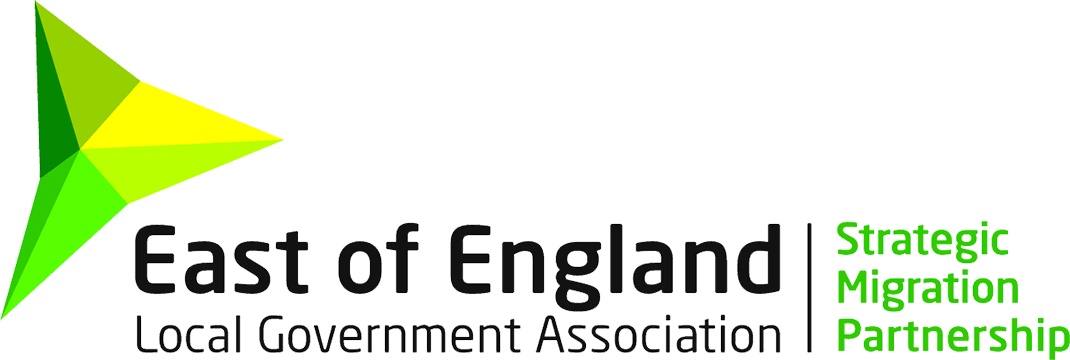In order to purchase the ESOL curricula developed under the Well being and Work for Refugee Integration Project, please register for this event. On payment of £1000 plus VAT, you will be granted access to the full curricula and course materials for the following 13 courses:
Core Curricula: 30-hour courses set at Entry 3 and higher:
The core curricula were developed at the start of the WW4RI project – and the COVID19 pandemic – to cover key issues required by a wide range of learners looking to move closer to the workplace in the UK. They are 30 hour courses set at Entry 3 and higher.
- Job search: Help and advice to understand which industries have vacancies, support throughout the whole job searching process from finding vacancies, completing applications to interview practice.
- Basic IT skills: Help and practical advice for navigating the internet, email, Word documents, online training, basic internet security and finding jobs online.
- Study skills: Help and practical advice to develop confidence to make business telephone calls, use vocabulary learning, self-management and study skills. Learners will also practice job interviews and develop plans for the next 5 years. They will increase their use of English outside the classroom.
- Driving theory: Help and practical advice to develop study skills to pass the driving theory test and understand the legal environment for driving in the UK. To teach students vocabulary and associated study skills for driving in the UK. To instil confidence in the learner’s ability to pass the driving theory test.
- Confident women: Help and practical advice to develop confidence to plan for the future, make telephone calls, use vocabulary learning, self-management and study skills. Learners will also develop a health action plan and plan ahead for the next 5 years.
Preparing to work in: 60-hour courses set at Entry 3 or higher to prepare learners to enter specific industries:
- Childcare: This course offers help and practical advice to work in childcare. We will cover nurseries, primary schools and a little about secondary schools. We look at roles in each environment, look at SEND & EAL, first aid and job applications.
- Warehousing, logistics & transport: When preparing to work in the warehousing and logistics industry, this course bridges the gap from ESOL classes to higher level qualifications. It therefore provides learners with an introduction to key concepts required to work in the industry.
- Customer service: Learners will understand the basics of customer service for retail, supermarkets and other service industries; the topics covered include how to greet customers, apologise politely, handle returns and deal with angry customers. They will also develop an action plan for their future, including applying for jobs.
- Food industries: Learners will understand food hygiene principles, practice relevant numeracy skills, prepare to work in cafes, handle problems and complaints and develop an action plan for their future, including applying for jobs.
Integration courses: 10-hour courses for low level learners (Entry 1) to facilitate integration. Can be taught with a bilingual teaching assistant or interpreter
- How to use the NHS: The course help participants understand how the NHS works, how it is different from their home countries and what they need to know when engaging and seeking support from different healthcare services. It will also highlight potential barriers to accessing healthcare and how these can be understood and removed.
- Understand the English school system: The course helps participants understand the structure of the school system, English school culture, helping pupils learn and finding a good school.
- Financial literacy & budgeting: The course helps participants understand how to save, make a budget, track daily spending, understand some of the British banking system as well as types and costs of debt.
- Know your employment rights: The course helps participants understand they have a right to a written contract, minimum pay levels, payslips, sick pay, working hours, holidays, what happens when people leave a job and references.
If you have any queries about these curricula, please contact us at eon@eelga.gov.uk.



